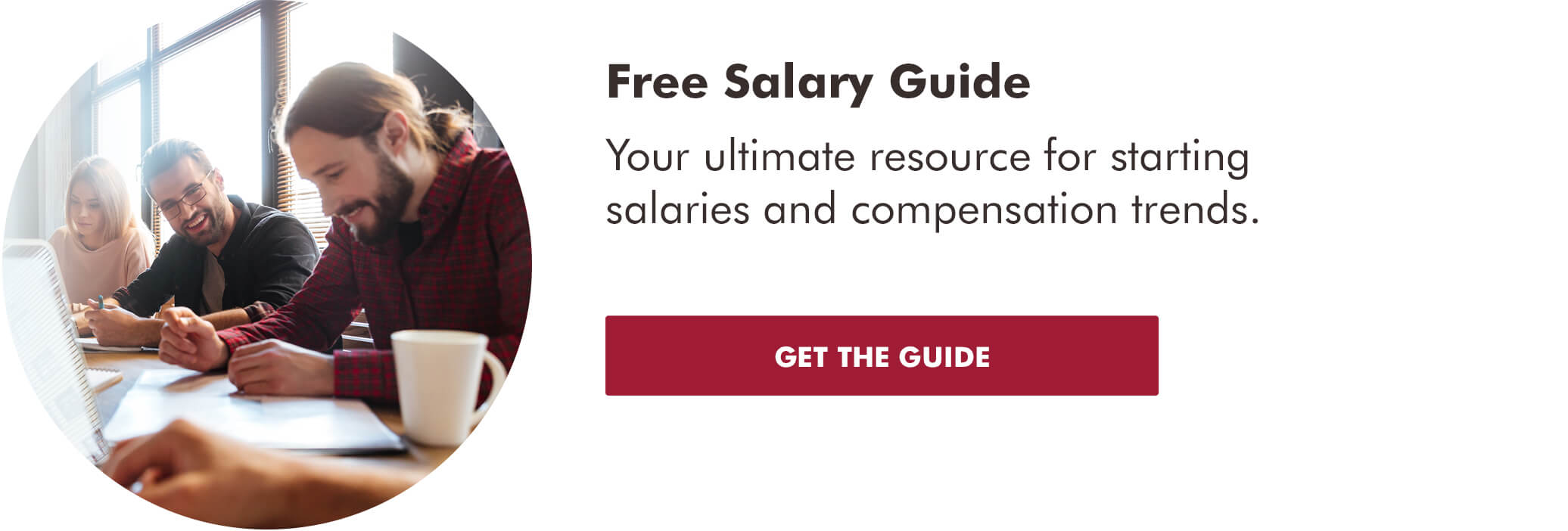It may come as a surprise, but your soft skills could be the most important assets in your career toolbox. Here are three key soft skills creative professionals should hone.
While you may be an award-winning graphic designer or all-star UX specialist, you can't rely solely on your technical skills to help you land that new job or freelance project. Employers are increasingly on the lookout for creative professionals who demonstrate a well-rounded set of soft skills in the workplace.
Which soft skills should you spotlight?
Unlike job-specific expertise, soft skills are hard-to-teach traits that need to be honed over time – things like adaptability and diplomacy. So which skills should you highlight on your resume or in your pitch for that big project? It can depend on the specific role or assignment you're seeking, but generally speaking, nearly every employer wants creative professionals with the following three things.
1. Strong communication skills
Long gone are the days that one could hide behind a computer under the guise of being "creative." Today's design and marketing professionals are frequently expected to interface with clients and collaborate with internal stakeholders. As such, you need excellent verbal and nonverbal communication skills that enable you to project confidence, friendliness and a can-do attitude. A creative professional with strong communication skills can pitch clients, walk them through concepts and partner with them through any changes.
These skills are becoming more desirable as companies see the value of putting creative team members face to face with clients, whether they're wooing them or maintaining long-term relationships. This truth also extends to written communication, including reports, email and social media posts. In addition, good communication skills help mitigate misunderstandings, which in turn boosts productivity.
2. Problem-solving prowess
Agencies and in-house creative departments are positioning themselves as strategic partners rather than just service providers. Whether you're a creative director, marketing manager or production artist, you'll be expected to take more initiative within your role by solving business problems.
Managers value employees who can propose sound solutions when they come to them with a problem – or better yet, solve it without involving them at all. While bosses don't want to be left in the dark if a significant issue arises, showcase your initiative and resourcefulness by first trying to settle everyday creative or interpersonal issues on your own.
3. Dependability
Companies have obviously always wanted reliable employees, but dependability is especially important for design and marketing professionals. Although creativity is part of a process, it can be hard to measure milestones when you're knee-deep in the concepting stage. Therefore, clients need assurances that the creative team will get their work done on time, or that they will provide significant notice if there's any concern about missing a deadline. In the ad agency world, where a single major account can make or break a business, it's imperative to stay on schedule.
If you're part of an in-house creative team, being dependable can lead to promotions. For freelancers, turning in strong work, meeting obligations and delivering on your promises will prove that you're a reliable, talented collaborator. And that means more work for you.







